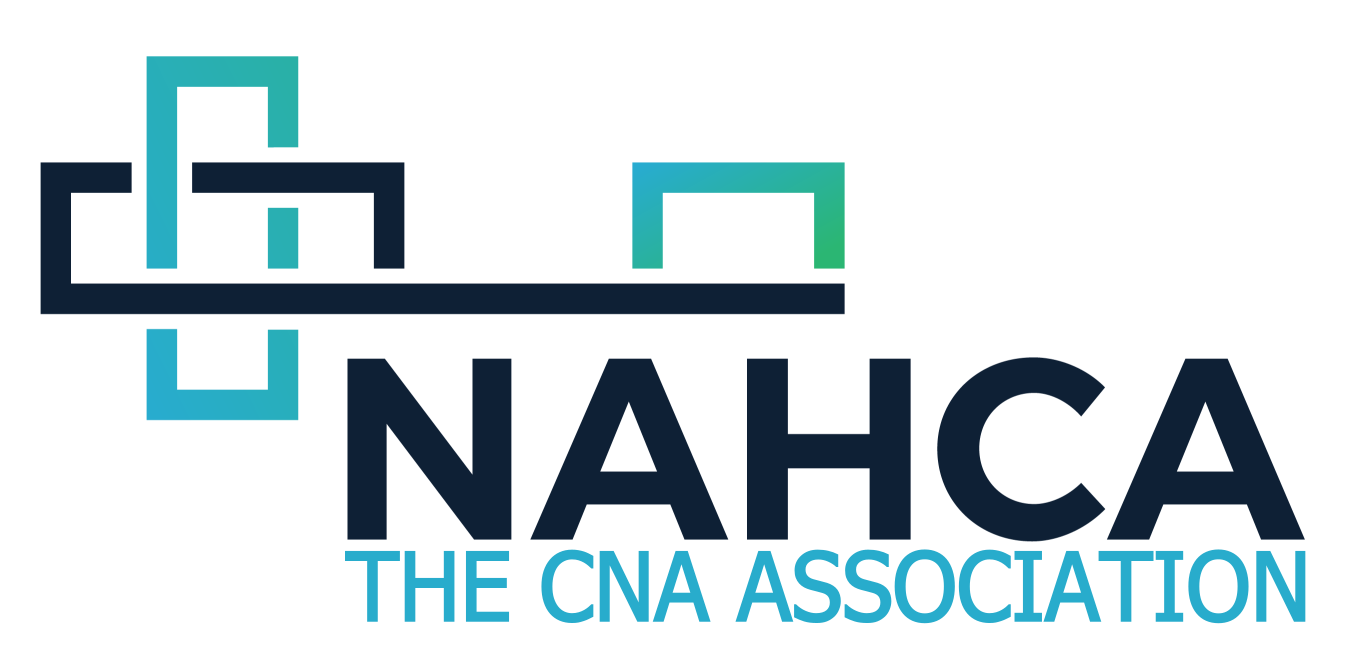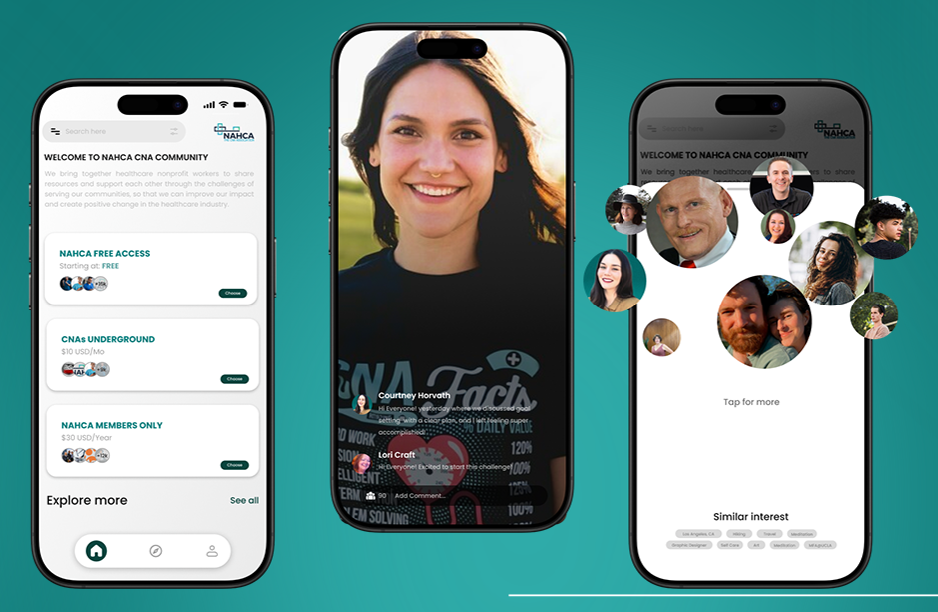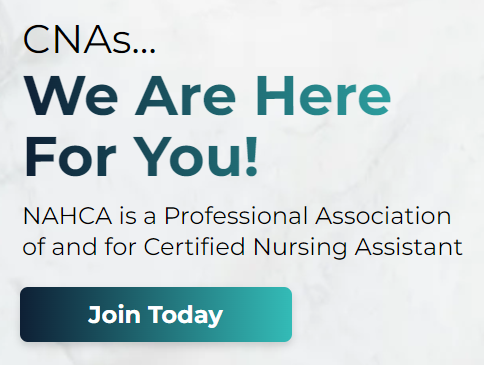Post-Traumatic Stress Disorder (PTSD) has been around for a long time. It’s most commonly associated with Veterans, first responders, and others who suffer from it after their brave service. However, anyone can experience PTSD, and now we’re starting to see people with COVID-related traumatic stress disorder.
While this condition can affect survivors of the coronavirus, it also can impact people who were never sick, including children. In fact, clinicians are seeing an epidemic of depression, anxiety, suicides, and substance abuse.
When Trauma Lingers
The American Psychological Association (APA) defines PTSD as a “a disorder that may result when an individual lives through or witnesses an event in which he or she believes there’re is a threat to life or physical integrity and safety and experiences fear, terror, or helplessness.” This can involve military combat, a natural or other disaster, domestic violence or other crimes, or other traumatic situations. Symptoms include having flashbacks or painful recollections, recurrent dreams or nightmares, avoiding activities or places that recall the event, feeling emotionally numb, disinterest in significant activities, feelings of detachment, exaggerated startle response, and disturbed sleep.
For a diagnosis of PTSD, symptoms must not be due to medications, substance use, or other illnesses. Full diagnostic criteria aren’t met until at least six months post-trauma.
COVID and PTSD
As for COVID-related PTSD, research has found that there 30.2% of patients experienced PTSD after acute COVID-19 infection. At the same time, numerous studies about Intensive Care Units (ICUs) and mechanical ventilation – which are common in severe COVID – show long-term negative emotional and cognitive impact of these experiences.
However, as William Haseltine, PhD, said in his book, COVID-Related Post Traumatic Stress Disorder: What It Is and What To Do About It, this condition doesn’t just affect those who had the illness. He said, “Building resilience is an important part of overcoming trauma, yet the ambiguity surrounding COVID-19 makes it more difficult to build resilience. People can’t always resort to typical methods such as goal setting and shifting the focus away from the trauma and towards the future.”
Economics is one contributor to COVID-related PTSD, and over 30% of Americans experienced negative economic impacts from the pandemic. Studies have shown that job loss is linked to increased depression, anxiety, distress, and low self-esteem. For instance, during the Great Depression, when many people were out of work and suffering financially, panic attacks, excessive worry, depression, and problematic substance abuse were common.
At the same time, many people – particularly healthcare professionals and workers – have experienced moral injury as a result of the pandemic. “Moral injury is used to describe the violation of personal ethics in one’s profession,” wrote Dr. Haseltine. Moral trauma, he added, describes “the betrayal felt by everyone whose governments and public health institutions failed to protect them.” Understanding this is key to addressing the many stressors that contribute to COVID-related PTSD.
Women and COVID-Related PTSD
Dr. Haseltine observed that women, as well as Black, Latinx, and Native American communities, have been particularly affected by the pandemic. As women comprise the majority of the essential workforce, they’ve been at greater risk of infection. They also are more likely to have experienced job losses or financial downturns. At the same time, add to these stressors issues related to homeschooling and caregiving for older and ill loved ones. The result? Compared to 36% of men, 83% of women are reporting significant increases in depression.
Much like incidences of PTSD, COVID-related PTSD can’t be fixed with a one-and-done effort. However, there are a few things we can do:
- Seek and share factual information about COVID and the vaccine from reliable sources, such as NAHCA and AMDA – The Society for Post-Acute and Long-Term Care Medicine. If you have questions or concerns, let us know. If we don’t have the answer, we will try our best to get one for you.
- Seek opportunities to talk more openly about mental health at work and at home. Watch for signs of PTSD in your residents, family members, friends, and colleagues. Encourage/enable them to get help promptly. Understand and convey to others that there is no shame or embarrassment in having a mental health issue. Research has demonstrated that even a modest intervention can reduce suicide or other self-harm. Talk honestly with your kids and encourage them to let you know if they feel sad, depressed, scared, or worried or have other negative feelings. Make it clear that you won’t judge them.
- Keep your finger on the pulse of residents’ feelings and needs. A simple “How are you feeling today?” or “Tell me what’s on your mind?” can start a productive conversation. You probably know your residents better that just about anyone. Promptly report any changes you observe in mood, attitude, sleep patterns, complaints about pain or other issues, eating habits, or other red flags.
- A psychiatric service dog (PSD), a specific type of service animal trained to help people with mental illness such as PTSD. A trained PTSD dog will defend its owner in a nonviolent and nonthreatening way and remind them that they aren’t alone and have someone they can count on. Additionally, these dogs are trained to give their owners the confidence that there is no danger around the corner, thus preventing an anxiety or panic attack, when they are out in public.
Treatment for PTSD
Most PTSD treatments involve cognitive behavioral therapy (CBT), such as group or family therapy, cognitive process therapy (where the patients talks with a therapist about the traumatic event), prolonged exposure therapy (in which the therapist helps the patient confront their fears and trauma), and stress inoculation training (which helps change the way the patient deals with the stress). There are other treatments such as eye movement desensitizing and reprocessing (EMDR), with a goal of being able to think about something positive while the patient remembers the trauma.
Some patients may need medications. The most common include serotonin re-uptake inhibitors (SSRIs) or serotonin and norepinephrine re-uptake inhibitors (SSNIs).
If you or someone you know is experiencing symptoms of PTSD, even if it’s not related to COVID, talk to a nurse or other clinician right away. You can prevent a lot of suffering and possibly even save a life. If you are in immediate distress or crisis, you can call anonymously for support at 1-800-273-8255. For more information, go to https://suicidepreventionlifeline.org/help-yourself/.



